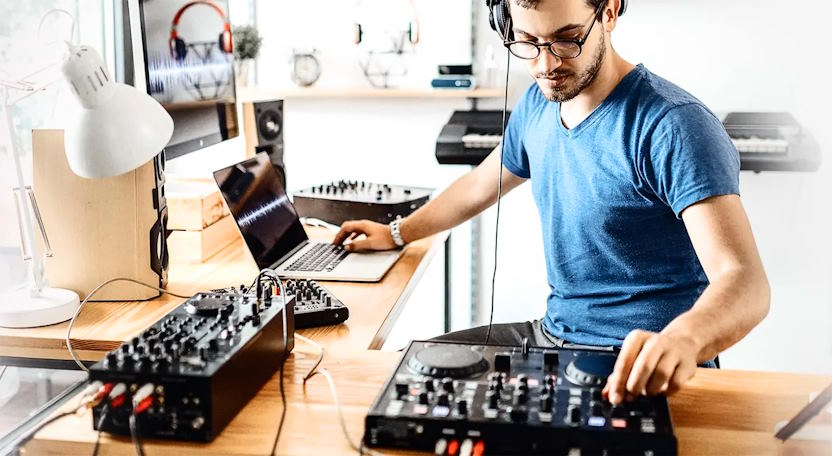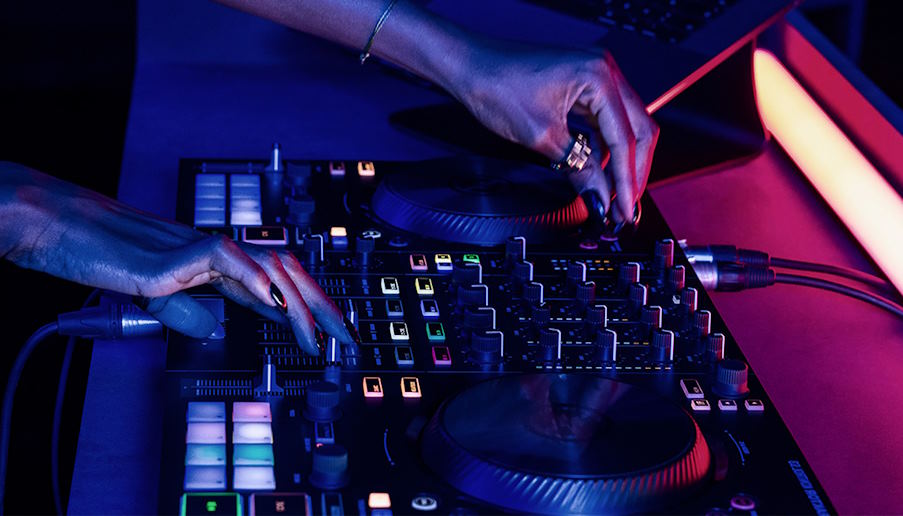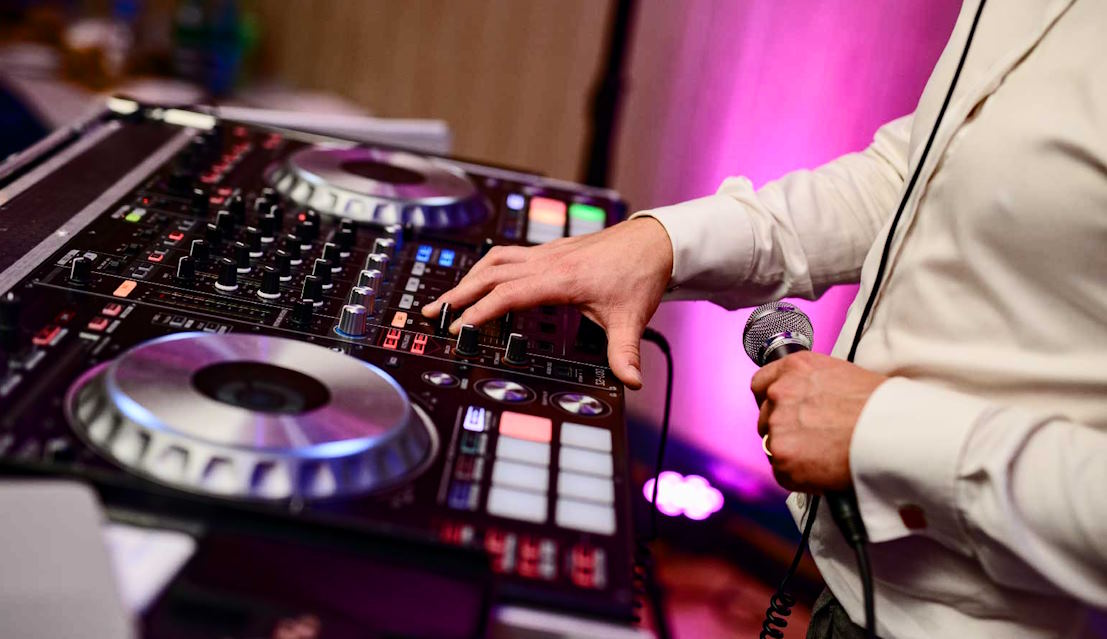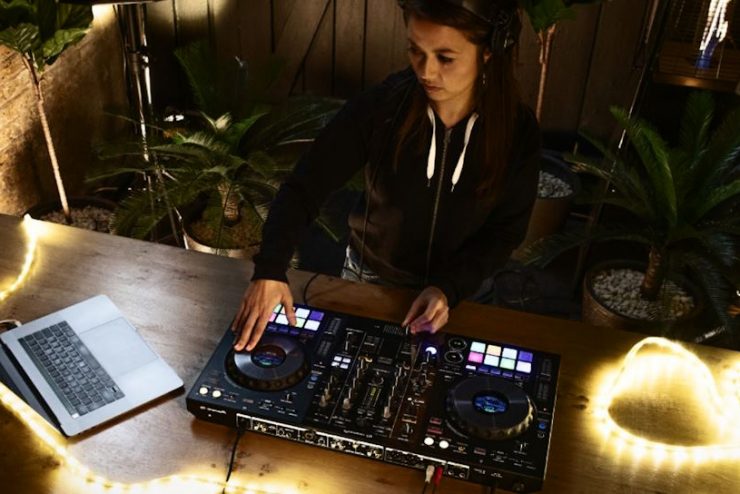Embarking on the path of a DJ can be an exhilarating journey, but for those standing at the starting line, it may also seem like a maze of unfamiliar terms, equipment, and techniques. Fear not, as this beginner’s guide is designed to be your compass, guiding you through the fundamental elements of DJing and providing the insights necessary to transform your passion into a skillful craft. As the global DJ community continues to expand, so too does the diversity of styles and approaches, ensuring there is a place for every aspiring DJ to carve out their unique niche. So, whether you’re dreaming of igniting dance floors or just eager to master the art of mixing, let’s dive into the exciting world of DJing together.
Building Your Music Collection
An extensive and diverse music collection is the DJ’s palette, offering a spectrum of sounds to weave into a captivating mix. Explore different genres, from electronic and hip-hop to rock and pop, to broaden your musical horizons. Staying attuned to new and trending tracks is crucial, as it keeps your sets fresh and resonant with your audience.
Organizing your music library is equally important. Categorize your tracks by genre, BPM (beats per minute), and mood to streamline your selection process during live performances. Invest time in curating playlists for various occasions, allowing you to adapt to different settings and audiences seamlessly.

Essential DJ Equipment
Once you’ve grasped the basics, it’s time to delve into the essential DJ equipment. A DJ controller, featuring jog wheels, buttons, and faders, serves as a versatile tool for beginners. It connects to your computer and allows you to manipulate tracks using DJ software. Understanding turntables and CDJs is crucial for those interested in vinyl or CD-based setups, offering a more tactile and traditional experience.
While professional-grade equipment can be expensive, entry-level options cater to beginners on a budget. Focus on acquiring gear that suits your preferences and aligns with the type of DJing you aspire to pursue. As you progress, you can explore advanced setups and equipment.
Learning the Basics of DJ Software
DJ software is the virtual playground where you bring your music to life. Popular software options like Serato, Traktor, and Virtual DJ provide a user-friendly interface for manipulating and mixing tracks. Begin by acquainting yourself with the basic features, such as loading tracks, setting cue points, and adjusting tempo.
Hands-on practice is essential for mastering the software. Experiment with blending tracks, syncing beats, and utilizing effects to enhance your mixes. Understanding software settings allows you to customize your setup according to your preferences, ensuring a personalized and seamless DJing experience.

Developing Basic DJ Skills
With your equipment and software in place, it’s time to hone your basic DJ skills. Beatmatching is a fundamental technique where you synchronize the beats of two tracks to create a smooth transition. Utilize the sync function in your software to simplify the process, gradually transitioning to manual beatmatching as you gain confidence.
Mixing and transitioning between songs require a keen ear for harmonies and an understanding of song structure. Experiment with EQ (equalization) to balance frequencies and create a polished sound. Incorporate effects sparingly to add flair to your mixes without overwhelming the audience.
Understanding the Crowd
The ability to read and connect with the crowd is a hallmark of a skilled DJ. Pay attention to the energy on the dance floor and adjust your set accordingly. Adapt your playlist to the mood of the audience, gauging their reactions to different tracks. Building a rapport with your audience enhances the overall experience and ensures a memorable performance.
As you progress, develop a signature DJ style that sets you apart. Whether it’s a particular genre, mixing technique, or unique stage presence, cultivating a distinctive identity contributes to your success as a DJ.
Practicing and Perfecting Your Craft:
Success in DJing, like any art form, requires consistent practice. Dedicate time regularly to refine your skills and explore new techniques. Online resources and tutorials provide valuable insights, offering guidance on advanced mixing techniques, equipment reviews, and industry trends.
Seek feedback from fellow DJs and listeners. Constructive criticism helps identify areas for improvement and accelerates your growth as a DJ. Embrace the learning process, and don’t be discouraged by challenges. Every mistake is an opportunity to refine your skills and enhance your performance.




